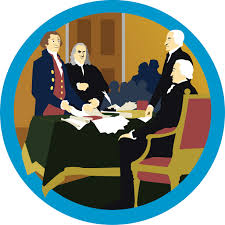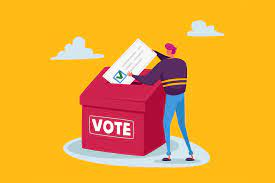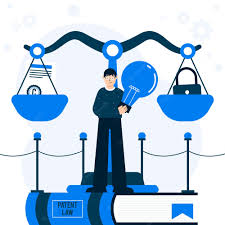Students examine the purposes structure of governments and the decision-making processes at the local, state, national, and international levels. Powers of each branch of government and the concept of federalism are examined through the study of the Constitution of the United States, the Constitution of Virginia, local governing charters, and current issues and events. America's role in a changing world is discussed, and our govern-mental and economic systems are compared with those of other nations. Thinking and communication skills are applied as students explore current national and state issues and conflicts.
Essential Questions: What is the purpose of government and what should government do? What are the rights, liberties, and responsibilities of citizens? How can the government balance the protection of society with the individual's right to privacy?
|
Quarter 1 |
Quarters 1 & 2 |
Quarters 2 & 3 |
Quarters 3 & 4 |
Quarter 4 |
|
|
Era Title and Time |
Basic Training Foundations and Ideals of American Government |
The Struggle is Real Federalism and the Branches and Levels of Government |
Power to the People Elections, Voting, and Linkage Institutions |
Balancing Act Striking a Balance Between Freedom and Security |
Round and Round The Policymaking Cycle & Current Policies |
|
Image Cue |
 |
 |
 |
|
 |
|
Focus of the Story |
As our journey begins, we start with the basic idea of establishing a government to protect our rights and keep us safe. Then, we explore how our desire for democracy influenced the basic principles and structure of American government, with a focus on ‘we, the people.’ |
Next, we investigate the challenge of putting those principles into action. As our nation grapples with control–among levels and branches–we evaluate the differing views on and implications of these power struggles. |
After analyzing these structures and struggles, we examine our ability to influence national, state and local policy. We survey America’s current political climate, with a focus on civil discourse and active participation, with a focus on voting and service. |
Next, we review the historical and contemporary struggle for civil liberties and rights. We then examine the issues that push us to clarify the balance of individual liberties and rights with our expectation of governmental security and protection. |
Finally, we examine how we, the people, work with linkage and government institutions to create policy which affects our daily lives. We analyze historical and current U.S. policy for effectiveness and discuss our role in protecting or changing those policies. |
|
Transfer Goals |
THINK: Comprehend how (evidence-based) sources and perspectives can clarify and contradict key information to better understand core issues (across contexts) in the past and present. (Knowledgeable, Thinkers and Inquirers, Cross-Culturally Competent) ACT: Communicate effectively based on purpose, task, and audience using valid and reliable information with accurate and relevant details* (Problem Solvers and Value Creators, Knowledgeable) |
THINK: Comprehend how (evidence-based) sources and perspectives can clarify and contradict key information to better understand core issues (across contexts) in the past and present. (Knowledgeable, Thinkers and Inquirers, Cross-Culturally Competent) ACT: Communicate effectively based on purpose, task, and audience using valid and reliable information with accurate and relevant details* (Problem Solvers and Value Creators, Knowledgeable) |
CONNECT: Demonstrate civic and social practices through interactions with others and self-reflection in service of an interdependent global community. (Personally and Socially Responsible, Resilient Learners) ACT: Communicate effectively based on purpose, task, and audience using valid and reliable information with accurate and relevant details* (Problem Solvers and Value Creators, Knowledgeable) |
QUESTION: Ask and pursue a line of questioning based on curiosity, prior knowledge, personal experience, and ongoing research to establish patterns, draw well-reasoned conclusions, or take actions. (Knowledgeable, Thinkers and Inquirers, Problem Solvers and Value Creators) ACT: Communicate effectively based on purpose, task, and audience using valid and reliable information with accurate and relevant details* (Problem Solvers and Value Creators, Knowledgeable) |
ENGAGE: Engage in respectful discourse to exchange and process diverse information, ideas, and points of view in order to inform one’s own perspective and explanation (Communicators and Collaborators; Personally and Socially Responsible) ACT: Communicate effectively based on purpose, task, and audience using valid and reliable information with accurate and relevant details* (Problem Solvers and Value Creators, Knowledgeable) |
|
Learning Targets |
|
|
|
|
|

